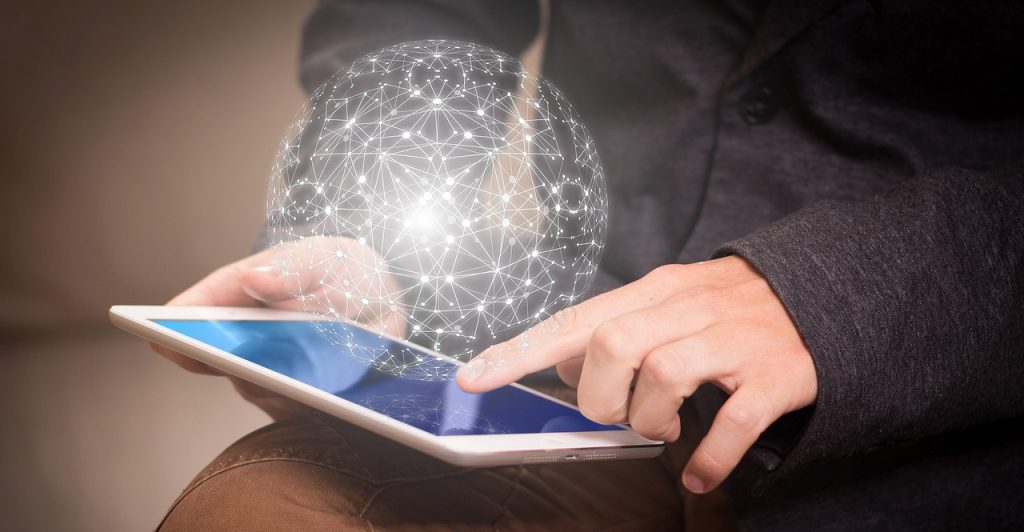In the modern world, technology has become a pervasive part of our lives. With the ability to access information and stay connected with our peers, it’s no surprise that the use of Information and Communications Technology (ICT) has increased exponentially. However, this increased use of ICT can have an adverse effect on mental health if not properly balanced. In this blog post, we’ll discuss the importance of balancing ICT use with mental health. We’ll look at how ICT can be beneficial as well as potentially harmful and offer practical tips for striking a healthy balance.
The Negative Effects of ICT Overuse
ICT, or Information and Communication Technology, is a powerful tool in the modern world. It can help us to stay connected, keep up with current events, and do our work more efficiently. However, it is important to remember that too much ICT use can have negative impacts on our mental health.
Excessive ICT use can lead to problems like depression, anxiety, stress, lack of motivation, decreased concentration, sleep disturbances, and isolation from the physical world. Research has shown that too much time spent on devices can lead to a decrease in physical activity, which can have further consequences for physical health. Spending too much time online can also lead to cyberbullying and online addiction, which can cause emotional distress and disconnection from real-life relationships.
Too much ICT use can also affect how well we relate to others in the physical world. Being constantly connected to a virtual space can lead to difficulty focusing on physical interactions and conversations. Furthermore, ICT usage can be a source of constant distraction and lead to a decreased ability to be mindful and enjoy the present moment.
It is therefore important to be aware of the effects of overusing ICT, and to take steps to ensure that its use does not have a negative impact on our mental health.
The Positive Effects of ICT Use
The use of Information and Communications Technology (ICT) can be an incredibly powerful tool for improving our lives. ICT has helped to increase productivity, facilitate communication, and provide access to a wealth of knowledge. In addition to these benefits, ICT also has many positive effects on mental health.
For starters, ICT can be used as an educational tool to supplement learning, allowing students to access additional resources and material not available in traditional settings. Additionally, ICT can help to improve the communication between family and friends, facilitating meaningful relationships and building meaningful connections across distances. This can be especially useful in an increasingly globalized world.
ICT also has potential benefits in terms of mood regulation and emotional well-being. Studies have shown that playing video games can reduce anxiety, depression, and even improve self-esteem. Similarly, research has found that interacting with virtual pets can help alleviate loneliness and feelings of isolation. Furthermore, creative activities like making art with digital tools can be therapeutic.
Finally, ICT can help us become better informed about our own mental health needs. Online resources such as websites, blogs, chat rooms, and forums can provide valuable information about mental illness and its treatments. Additionally, ICT can be used as a tool for tracking mental health symptoms or triggers, helping individuals better understand their own mental health needs and empowering them to seek out appropriate support and assistance.
In conclusion, the use of ICT has the potential to significantly improve our mental health. While it’s important to use ICT in moderation and to avoid overuse, when used responsibly, ICT can be a powerful tool for promoting emotional well-being.
How to Balance ICT Use with Mental Health
Balancing the use of ICT with mental health is an important part of leading a healthy lifestyle. As technology becomes increasingly more prevalent in our lives, it’s important to be mindful of how much we use ICT and how it affects our wellbeing. Here are some tips to help balance your ICT use with your mental health.
1. Set Limits: Make sure to set limits on your ICT use, such as limiting the amount of time you spend on social media, watching TV, or playing video games each day. Try to limit yourself to no more than two hours per day of total ICT use.
2. Be Mindful of Content: Be mindful of the content that you consume on ICT platforms. You should try to limit your exposure to negative or violent content, as this can have a detrimental effect on your mental health. Instead, focus on consuming positive and uplifting content, such as books, movies, and documentaries.
3. Take Breaks: If you feel like you are spending too much time on ICT devices, take regular breaks throughout the day and do something that is not related to ICT. This could be going for a walk, reading a book, or doing some yoga.
4. Connect with Others: Social interaction can have a positive effect on mental health, so it’s important to connect with friends and family regularly, either online or in person. Make sure to talk to people face-to-face at least once a week to boost your mood and maintain relationships.
5. Make Time for Other Activities: Make sure to make time for activities that don’t involve ICT. These could be hobbies such as painting, cooking, or playing an instrument. Doing something creative can help you relax and reduce stress levels.
Balancing the use of ICT with mental health is essential for maintaining a healthy lifestyle. By following these tips, you can ensure that you use ICT in a way that won’t compromise your wellbeing.

